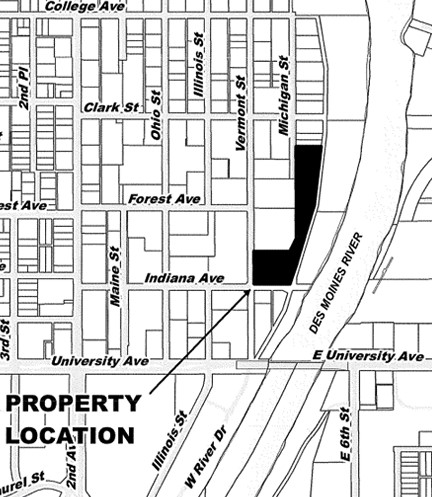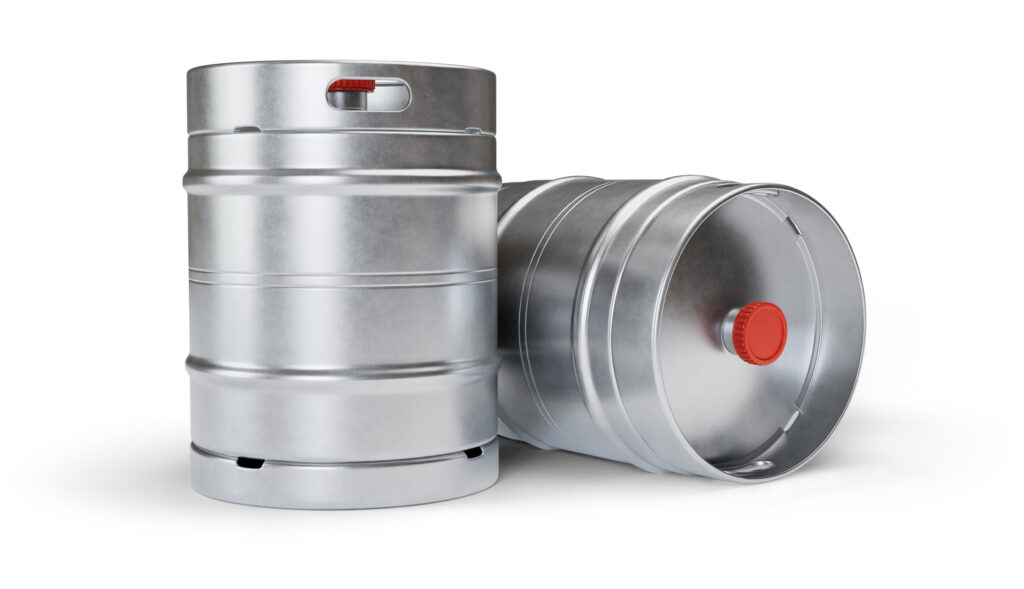Copeland Trucking relocating operations to DM industrial park

KATHY A. BOLTEN Dec 9, 2022 | 3:55 pm
3 min read time
723 wordsAll Latest News, Real Estate and Development Two hard-to-develop and long vacant parcels in Des Moines’ Central Place Industrial Park are being sold to a trucking company that plans to relocate its growing business to the property, members of the city’s Urban Design Review Board learned this week.
Two hard-to-develop and long vacant parcels in Des Moines’ Central Place Industrial Park are being sold to a trucking company that plans to relocate its growing business to the property, members of the city’s Urban Design Review Board learned this week.Copeland Trucking, which has had operations in Des Moines since 2009, currently is located at 1235 Thomas Beck Road, south of Gray’s Lake. The area has been rezoned in an effort to attract residential, office and commercial development, a move that is pushing out the trucking company.
The two parcels are connected by a thin strip of land that wraps around a MidAmerican Energy Co. substation. The east portion of the property is bordered by a levee and the Des Moines River.
“It was a bit of a gymnastics exercise to get what we could from a structure standpoint on the buildable areas of the site,” Ryan Moffatt, Des Moines economic development coordinator, told board members.
Relocation needs
Charlie Hoag, terminal manager for the Copeland Trucking’s Des Moines operations, told board members that he had difficulty finding a location in the Des Moines area that met the company’s needs. Pine Ridge Farms, a pork processing plant in southeast Des Moines, is one of Copeland Trucking’s largest customers, Hoag said.
“Our drivers can only drive 11 hours a day,” Hoag said. After the hogs are slaughtered at Pine Ridge Farms, they are packaged and trucked to plants in the Chicago area, a 10-hour round trip from Des Moines, he said.
“If we moved to Altoona or if we moved to Ankeny … we wouldn’t be able to make that round trip in one day,” Hoag said. “What that means is that on the way back from Chicago, [Copeland’s truckers] would hit that 11-hour limit around Newton and have to pull over, spend the night there. …
“We can’t really pick one area of the city over the other,” Hoag said. “We have to be in the middle of [Des Moines] to make all of the efficiencies work.”
Having the ability to create schedules for drivers that allow them to sleep in their own beds instead of in the cab helps Copeland Trucking attract drivers, Hoag told the Business Record. “That’s attractive to both our customers and our drivers.”
Tim Hoag, Charlie’s father, and business partner Richard Copeland bought the trucking company from Richard’s father, John, in 1985, according to Charlie Hoag. “They had two trucks at the time and a contract hauling phone books around Minnesota,” Charlie Hoag wrote in an email. “They grew [the business] into one of the largest moving companies in Minneapolis.”
In 2009, Charlie and his brother TJ began transitioning the company to a contract freight trucking firm, Charlie Hoag wrote. It was at that time the company expanded its Minneapolis-area-based operations to Des Moines, Hoag wrote. Most of the company’s administrative team as well as 40 drivers are located in Minnesota.
The Des Moines terminal includes three dispatchers, two mechanics, 30 truck drivers and Hoag, he wrote.
The company began looking for land on which to locate its Des Moines terminal in 2021, Hoag said. The company considered a parcel near Des Moines’ Water Works Park but it would have required a zoning variance, something city officials weren’t keen on doing.
Instead, city officials suggested Copeland Trucking consider moving its terminal to Central Place Industrial Park, located north of University Avenue between the river and Second Avenue. The city has owned the 4-acre site since the late 1970s, Polk County assessor records show.
Copeland Trucking, through 1321 Vermont Street LLC, entered into an agreement with the city to buy the property for $315,000. The City Council approved the contract sale at a meeting in October.
Development of the site is expected to occur in two phases. The first phase, which is expected to begin in spring 2023, includes the construction of a 9,720-square-foot, one-story building. The pre-engineered metal building with stone wainscot and overhead door openings will primarily house Copeland Trucking’s repair operations. The site will include parking for the semitrailer trucks and other vehicles.
Development costs for the first phase of the project are estimated at $1.5 million. A second phase would include construction of a 13,300-square-foot warehouse at a yet-to-be-determined future date.
The Urban Design Review Board approved the design of the proposed repair operation’s building.










